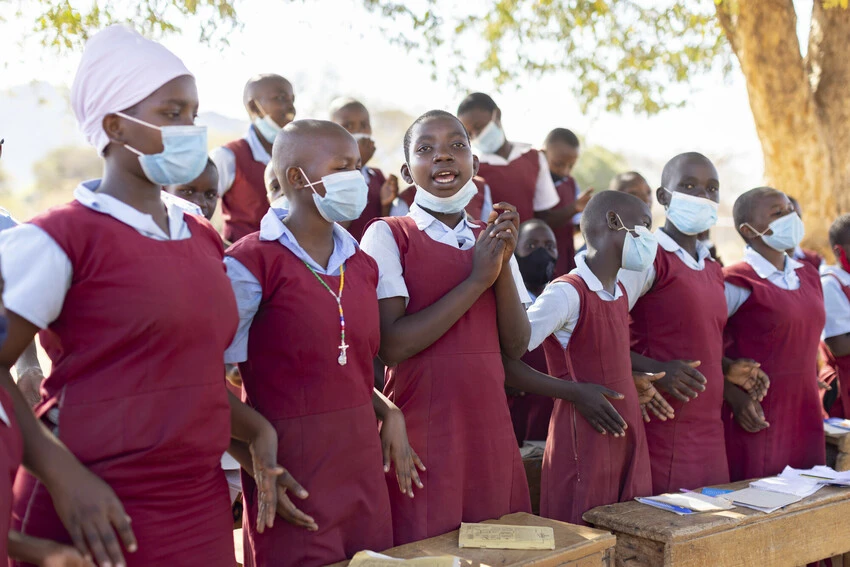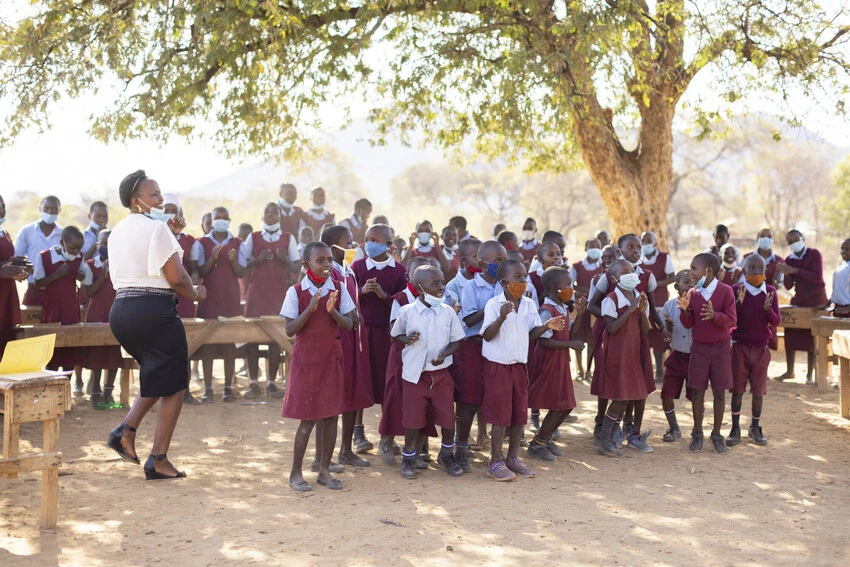Covid -19 Pandemic came in with restrictions that saw limited mobility and social isolation increasing children’s time in their homes where potential abusers are. As most families experienced anxiety and stress.
Global reports indicates that, one in three women experience physical and sexual violence (SV) by a partner or non-partner in their lifetime, and intimate partner violence (IPV) is responsible for over one-third of women’s homicides.

According to the 2019 VAC survey, violence was commonly perpetrated by parents and caregivers, as nearly half of female and male children witnessed physical violence in the home in their childhood.
The prevalence of violent discipline including corporal punishment and psychological aggression against children was also found to be high affecting almost half of females and 4 out of 10 males.
18-24-year-olds who ever had a partner, males were twice as likely to perpetrate physical intimate partner violence compared to females at(16.5% versus 7.4%).
UNESCO conducted a study in 2019, on effect of the COVID pandemic on children in schools and revealed that, violence has a significant effect on children’s Physical and mental health, affecting academic achievements/general life achievement psychologically.

According to (UNGEI and UNESCO 2013),the experience of sexual violence tends to block the development of social skills; undermining self-esteem, and may lead to a variety of disorders such as, depression, insomnia, feelings of guilt, anxiety, and suicidal tendencies.
Subscribe to our You Tube channel at Switch Media.
“The COVID-19 pandemic immediately raised concerns for escalated GBV due to:
Economic disruption and subsequent household/relationship stressors, together with social and travel restrictions.”
“Limited mobility, social isolation, increased time in the home with potential abusers, financial and social stress that enable conflict, as well as lack of privacy and fears of transmission can create new barriers to violence-related help-seeking,
“Studies done over the COVID period have revealed that that by end of 2021, one in four (27.6%) Adolescent girls and young women GYW were affected by Intimate partner violence IPV at some point during the pandemic.” ChildFund Kenya noted.
Also Read: CFK: How to Manage Domestic Violence this Holiday to Prevent GBV
















